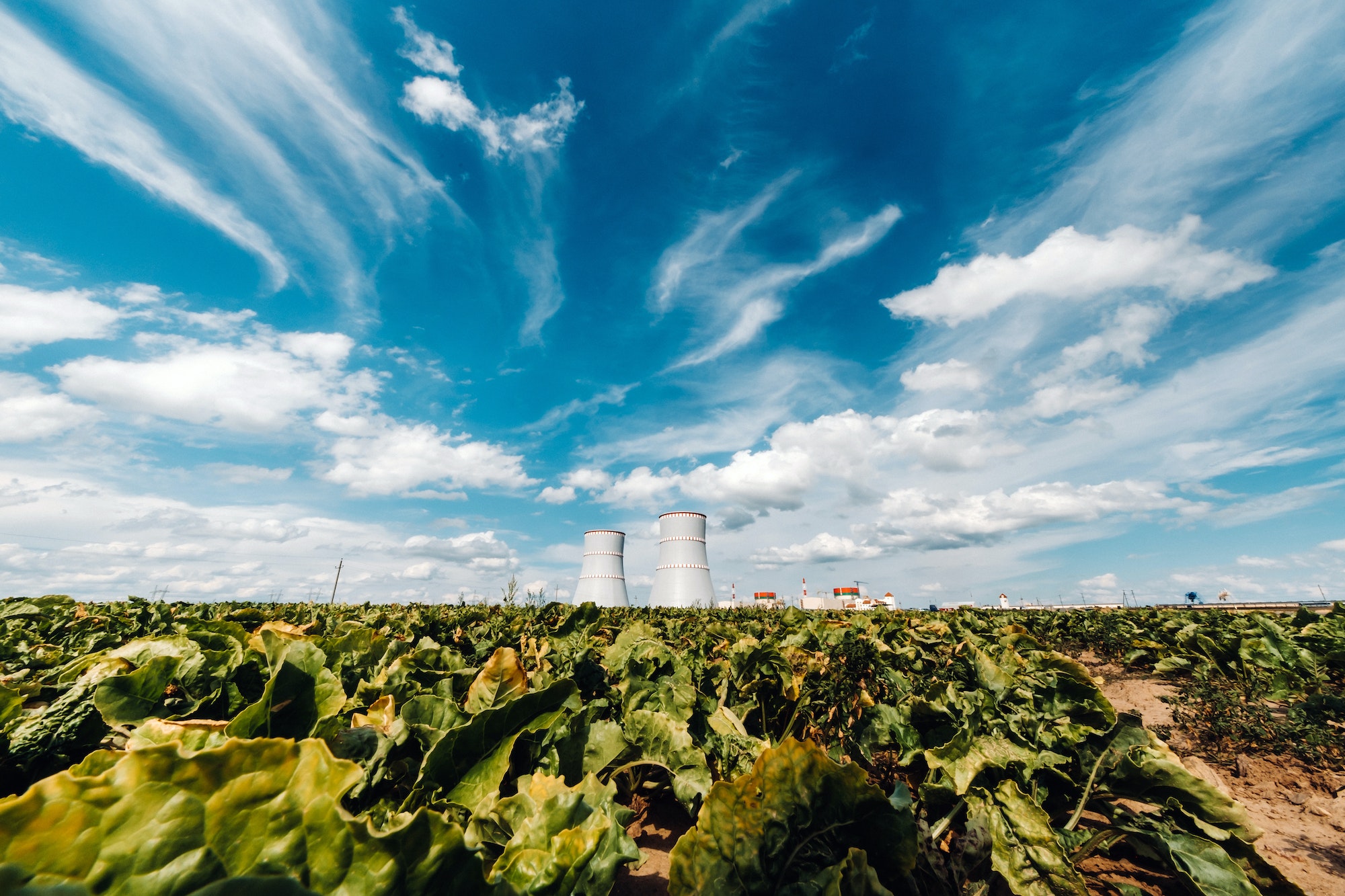

Spotlight Weekly – I’m Excited About 2023
The energy landscape is changing dramaticallyI’m excited about 2023
You’ve heard me say it before, but it’s important and exciting… The energy landscape is changing dramatically.
It’s the same kind of change that has swept things like phone technology since 2000. I bet you don’t miss that old phone cord that always coiled up into knots, right?
Well energy is about to get a cellphone makeover in the name of national security. We are moving from a liquid fuel-dominated world to solid state. It was a long time coming, but Russia has sped up the timeline. Here’s what happened…
If you look back pre-2009, you’ll see the world has known for a while that we were running out of oil. We all knew it. It was everywhere.
In 2007, CBS News ran a story called “Peak Oil Watch.” In 2008, the TwinCities Pioneer Press wrote an article titled: “Adapting to a world once again constrained by geography.” In it, the author posed the idea that “peak oil” was an urgent problem that would change every aspect of our lives:
Peak oil is a far more urgent crisis than climate change, yet its economic and social effects are not even on the candidates’ agendas. Every petroleum-dependent aspect of our economy, from the far-flung distribution systems for consumer goods to the daily commute, will be difficult to sustain. The only question is how soon it will happen and how traumatic the transition will be.
And the New York Times wrote:
Consuming nations, including the United States, have been urging OPEC producers to put more oil on the market, warning that the winter months would see a big jump in consumption that non-OPEC producers would not be able to meet.
That sounds familiar, doesn’t it – low production rates and winter price spikes? Except that came from 2007.
However, the shale revolution kicked the peak oil can down the road. For nearly 15 years, the world has had enough oil. That is, until the Russian invasion of Ukraine.
And once again, in 2023, we see fears that a cold winter will send fossil fuel prices soaring higher.
The problem is simple – today, we can’t even replace a fraction of the fuel we need on a daily basis. That’s the lesson we have learned. Russia supplies 10% of the world’s daily fossil fuel consumption. And the country has used that as leverage to deflect pushback from its invasion of Ukraine.
Some scholars, like Mark Mills at the Manhattan Institute, call for massive increases in hydrocarbons. However, that implies an economic force that doesn’t exist. If there was an economic force, we would have more hydrocarbons.
Today, the shale revolution has fizzled. We’ve seen massive underinvestment in shale oil in the U.S. And now we’re stuck. The price of oil and gas will likely rise and stay high for some time before the necessary capital returns.
And while that would be good for the U.S., it wouldn’t solve the energy security problem for most countries. The world has watched as Russia has blackmailed an entire region. Vladimir Putin has held Europe’s energy supply hostage.
And many countries, even those outside of Europe, have taken note. It may end up being just the push we needed to move away from fossil fuels. However, while solar and wind power get a lot of press, they aren’t going to keep the lights on full time. The technology isn’t there yet.
And that’s why nuclear power’s popularity has surged over the past year.
Nuclear power is the obvious energy solution. It’s efficient. It doesn’t require constant fuel supplies. And it can provide the safe base-load power the world needs.
In Canadian investment bank Sprott’s January letter to investors, a strong bull case for uranium was front and center:
The fallout from the Russia-Ukraine war has skyrocketed energy prices in the EU, cascading into crises on multiple fronts. But the most important was the realization that national security requires energy security and the recognition of the strategic importance of nuclear power. Since then, nearly every country with a nuclear power fleet has announced extensions to the service life of their plants, announced future expansions and affirmed that nuclear energy is a cornerstone of their national energy policies. There is no alternative to nuclear energy in terms of baseload generation capability and security, with such a low carbon footprint. Uranium will be the critical generation component of the global energy transition theme.
This is easy to see. The time for nuclear power is here. There is positive sentiment. There is a clear need. And governments around the world are investing. And while this won’t eliminate oil demand, it will begin to build slack into the supply-demand relationship.
And that’s a good thing for the global economy.
Good Investing,
Matt Badiali



